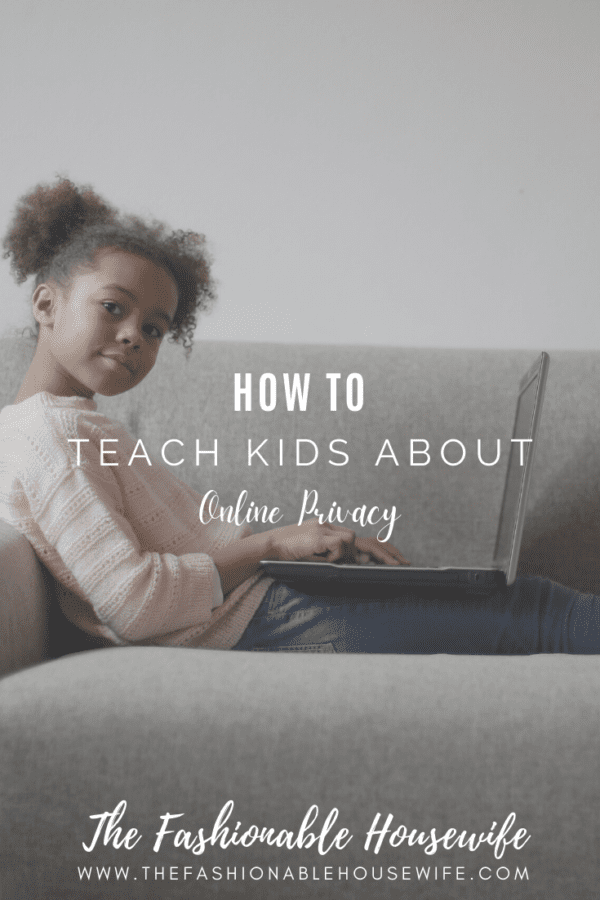
These days, even kids use the internet every day. They are totally comfortable using computers and smartphones, and they are also accustomed to using a variety of apps for fun, learning, and interaction with friends. So, it is critical that you teach your kids about the potential dangers that come with being on the internet. By giving them this valuable education from a young age, they will understand that being online does come with certain risks, especially when it comes to the privacy of your personal information.
Sure, there are steps you can take to keep your kids safe while online. For example, you can install high-quality antivirus software, you can set up parental controls, and you can monitor what your kids are doing online. But, again, teaching them so they have an understanding of the importance of online privacy is just as important because these are lessons they’ll take into adulthood. So, keep reading for tips on how to do just that.
Teach Them That It’s Best to Avoid Strangers Online
First off, it is important to let your kids know that, while they can interact with people they know (such as their cousins and friends from school) when they are online, it isn’t a good idea to talk to strangers because those people might be pretending to be someone they aren’t. While you can’t always prevent your kids from interacting with strangers online, as you’ll see below, it is still a good idea to set this rule.
Beyond setting rules, though, explain why those rules are in place. Let them know that there are people with bad intentions, such as scammers, who wait to find trusting people online that they can take advantage of. Show them Nuwber to illustrate how easy it is to find information about someone, such as their contact details, if you have their full name, and also show them how they can use this same tool to check the background information on people they don’t know much about. Once they have an understanding of the risks of interacting with strangers online, they should be less inclined to do it.
Let Them Know They Should Never Reveal Personal Information to Strangers

Sometimes, kids use the internet in a way that exposes them to people they have never met before. It might be inevitable, for example, if they use social media accounts like Instagram and TikTok, or even if they play online video games with other players from around the country or around the world.
The key is to tell them that interactions with people they don’t know should be limited, and they should never reveal any personal information about themselves or your family. For instance, while they might be allowed to interact with other players in an online gaming platform, they should never give out their real name, location, or any other information that you want them to withhold.
Show Them How to Avoid Email Scams
Finally, another way to teach your kids about online internet safety and privacy is by letting them know that emails should be treated with caution because some of those messages could be dangerous spam with malware. Show them how to analyze an email to figure out if it is legitimate, and teach them to never click a link in an email if they are not absolutely sure that it is from someone they know. For more online safety tips visit retirementinvestments.com



